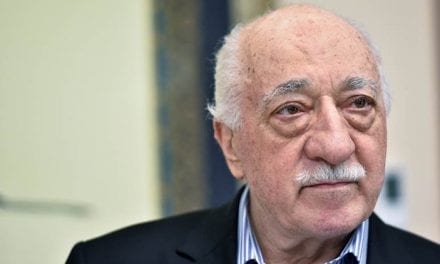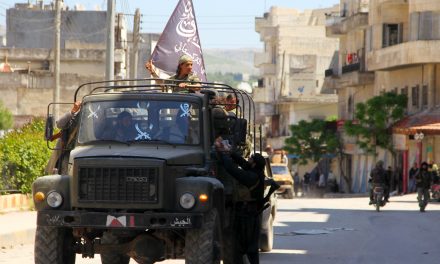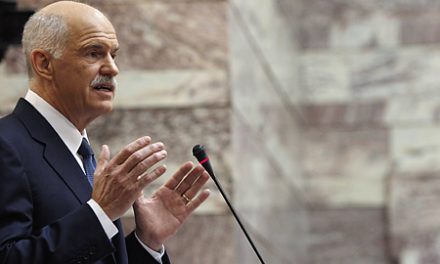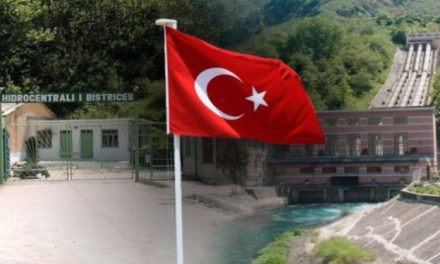By Osamah Golpy, rudaw
A panel of experts discussed Kurdish dynamics in the Middle East at the UK parliament this week.
The reality for today’s Kurds is a sharp contrast to the sidelined role of Kurds in the region since the Sykes–Picot borders came into existence a century ago. The Kurdistan Region in Iraq is on the brink of holding a referendum on independence, Syrian Kurds just announced the Confederation for Northern Syria in March, and last year the pro-Kurdish Peoples’ Democratic Party (HDP) passed the 10 per cent threshold to become the first Kurdish party to enter the Turkish parliament.
Renowned veteran journalist and author Cengiz Candar opened the discussion with a brief history of the Kurds, beginning with the First World War when victorious Western powers divided the Kurdish nation between four countries.
“One night the Kurds went to bed, and the next day they became subjects [of new nation states],” Candar said.
But the Kurds have now become major players he noted. For example, in Iraq, the Kurdistan Region is nothing short of an independent country with all but a seat at the United Nations.
Candar said the Kurds and their enemy, the Islamic State, are against the Sykes–Picot borders. But it is unclear at this this stage what the new Middle East will look like. He described the current situation as history under construction.
“There are a lot of activities going on in this construction site. We have trucks, we have people digging in, we have cranes, and bricks brought in from here and there,” Candar explained. “But we don’t have an architectural design. There is tense construction without knowing what they are constructing.”
Later in his analysis, Candar went into detail about the challenges facing the Kurds in each of the four parts of the Kurdish territory, importantly in Turkey where the state has been fighting an urban war against the PKK since last June. He painted a rather gloomy picture of Turkey’s renewed conflict.
He said the new Turkish state has always been a centralist state, and it sees any attempt to decentralize as secessionist and eventually leading to disintegration. He was referring to the Kurdish demands for self-governance in their areas.
The Turkish military, he said, is planning to fight a fully-fledged urban war now that the European Union, overwhelmed with the migration crisis, is turning a blind eye to what is happening in the country’s southeast.
“I think the PKK are mistaken to believe the Turkish authority is seeking a Sri Lanka-model solution,” Candar said. “What we are hearing from our [Turkish] military, it is even worse. It is the Grozny model. The way Putin dealt with Chechnya.”
Grozny is the capital of Chechnya, which Russia invaded in the mid-1990s. Terrible destruction was wreaked on the region as Russia carried out the heaviest bombing campaign in Europe since the Second World War.
Candar believes the costly EU migration deal with Turkey might work for a while. But if the Kurdish conflict is to continue at the current pace—and he said it will for the foreseeable future until international observers pressure Turkey to stop—then “Europe will [instead] be flooded with hundreds of thousands of Kurdish migrants from Turkey”.
Dr. Zeynep Kaya, from the LSE Middle East Centre Research, also speaking at the panel, said there was no peace negotiation to begin with, “there was only a ceasefire for two years that looked like talks”. There were no elements of a genuine negotiation she said: no guarantees on either side, no incentives, no international observer. Indeed both sides had very opposite visions.
Kaya explained that the impact of the Syrian conflict also played a big role in returning the country to war. Erdogan’s government considers the Kurdish Democratic Union Party (PYD) as part of the PKK, and therefore a terrorist organization. This in part alienated HDP for its open support of the PYD.
Mr. Robert Lowe, Manager of the Middle East Centre, also partaking in the discussion, spoke on the recent declaration of the Confederation of Northern Syria in March.
Lowe said the fact that they no longer call it Rojava—a Kurdish name for Western Kurdistan—shields the Kurdish authorities from criticism should they bring non-Kurdish territories under their control. It also reveals their intention to be inclusive of other non-Kurdish minorities, an important element for international actors.
Another important element is the fact that the Kurds acted unilaterally; they did not consult with regional or international powers when they declared the Confederation. For this, they have been criticized in Syria and abroad. But to counter this, Lowe said, the Kurds claim that the Syrian civil war seems endless, and it is the right of the liberated areas to organize and establish their own representation.
“The Kurds also use a very international language, for example human rights, democracy, and they often address the UN. This shows their effort to gain legitimacy,” Lowe said.



















